Education
Columbia protests continue as megadonor pulls support

Protests continue today at Columbia University, as students enter the seventh day of an encampment on the school’s campus. The protests are in support of Palestine, and have been become a major point of controversy in New York City over the last few days.
Many New York pols, including Mayor Eric Adams and Governor Kathy Hochul, have condemned the protests for antisemitic behavior. However others, including many progressives on the city council, have responded with support for the young students, and have even visited the encampments in solidarity.
The protests have put a lot of stress on the administration of Columbia, as well as the University itself. The entire New York House GOP caucus has called on the president of Columbia, Minouche Shafik, to resign from her position. Democrats, including Senator John Fetterman (D-PA), have also joined the calls for her resignation.
Columbia is also losing donors, with the most high profile exit so far being Patriots owner Robert Kraft. Kraft’s nonprofit arm, Foundation to Combat Antisemitism, released a statement saying that they were no longer comfortable supporting Columbia due to what they see as “virulent hate that continues to grow on campus.”
Robert Kraft attended Columbia University as a student between 1959 and 1963, receiving a scholarship that allowed him to pay for his education. He has since been a highly active donor to the school, including funding the construction of the Kraft Center for Jewish Student Life in 2000.
This follows another major Columbia donor, Leon Cooperman, who pulled his support from the university after the actions of students and faculty following October 7th.
In the face of these tensions on campus, Columbia made the decision to make almost all of the remaining classes for the semester an in-person/virtual hybrid, allowing students who fear for their safety on campus to stay home.
Education
As smartphone bans enter the mainstream, what does that mean for students?

California Governor Gavin Newsom has called for schools to restrict students’ smartphone usage, and some California schools are setting those plans in motion. Could this develop into a broader movement that spreads around the country, or is it limited to just California?
On Monday, Surgeon General Dr. Vivek Murthy argued that smartphones should be required to have warning labels similar to those on cigarettes and alcohol. He claims that they negatively affect the mental health of young people in the United States and that their use should be more controlled than it is now.
One major way to restrict the usage of smartphones, Newsom points out, would be to take them out of schools. In an interview with POLITICO, he argued that “social media is harming the mental health of our youth.” He promised to craft legislation before the end of the legislative period in August that would restrict the use of smartphones during the school day.
Besides the Biden administration and Governor Newsom, other Democratic politicians have geared up to take action against the influence of technology companies on young Americans. In Los Angeles, a school board put these plans into action and, on Tuesday, approved a motion to ban cell phone usage while students are on campus.
These policies have long been popular with some Republicans in the United States, who have been railing against ‘Big Tech’ for years. Ron DeSantis, the Governor of Florida, passed similar legislation to block students from using smartphones during class hours. However, many of these policies are least popular with the people they will affect the most: students and parents.
Many of these smartphone bans continue even during break periods, lunch, and recess. This could cause issues for a number of students, including those with complicated home lives, those who work part-time jobs after school, those who are responsible for younger siblings, and many others whose lives depend on being reachable during the school day.
Regardless of student concerns, these bans are spreading across the country. Students should prepare for a return to a smartphone-less school.
Education
Dartmouth graduate student reported missing

A graduate student at Dartmouth College was reported missing to the Lebanon Police Department in New Hampshire on May 17th. The information was released to members of the public on May 19th.
Kexin Cai is a graduate student at Dartmouth College, and according to her profile on the Dartmouth website is currently studying “emergent dynamics between interacting brains during real-time reciprocal social communication.” Cai is a member of the Mutual Understanding Lab at Dartmouth.
According to the Lebanon Police Department, Cai was last seen on May 15th. They are urging anyone with information on her whereabouts to contact the department.
The Lebanon Police Department has not yet responded to request for comment.
This is an evolving story, check back with The Youth Insight for updates.
Education
Protests continue at University commencements
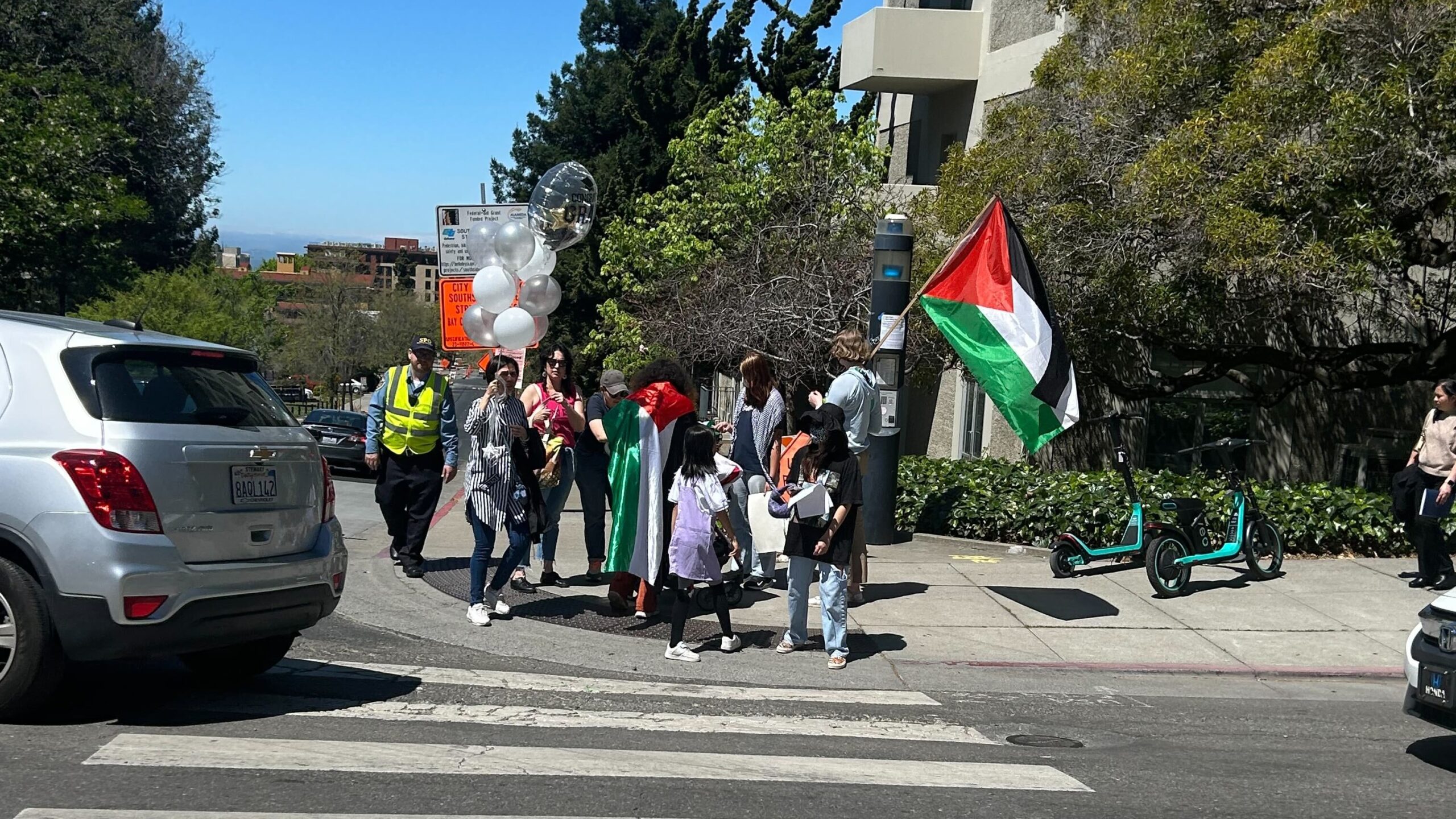
Following weeks of pro-Palestine protests on college campuses, the academic year is wrapping up at universities across the United States. However commencement ceremonies, which have traditionally been a place for students to celebrate their accomplishments over the previous four years, have this year turned into a venue for protest over university policies surrounding Israel.
At Duke University, students walked out of a speech featuring actor and comedian Jerry Seinfeld. They chanted “free free Palestine” as his speech was announced in protest of his pro-Israel views. Seinfeld has been very supportive of Israel in months following October 7th.

UC Berkeley also experienced their own protests at the undergraduate graduation ceremony, which was interrupted by pro-Palestinian students. The ceremony was halted as students waved flags, before the protestors made their way outside of the stadium to continue their demonstration.
These are not isolated incidents, they have spread around the country. Students at Virginia Commonwealth University walked out on a speech by Governor Glenn Youngkin. University of Wisconsin students turned their back on the school chancellor in protest.
Other schools, like Arizona State, have been forced to ban students from their ceremonies in an attempt to avoid disruption at their ceremonies. While still more schools have been forced to cancel their commencements and graduations altogether.
This is a developing story, check back with The Youth Insight for updates.
-
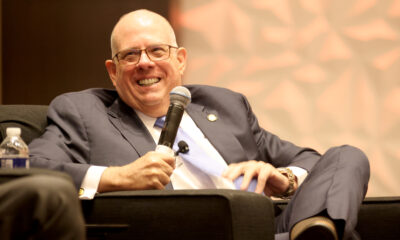
 Campaign 20242 years ago
Campaign 20242 years agoNew poll reveals Hogan’s path to victory
-
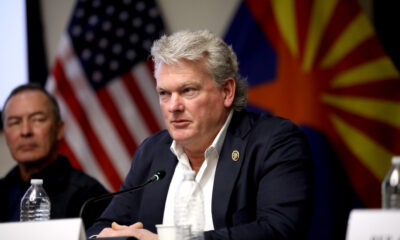
 Campaign 20242 years ago
Campaign 20242 years agoRep. Mike Collins makes antisemitic post on X
-
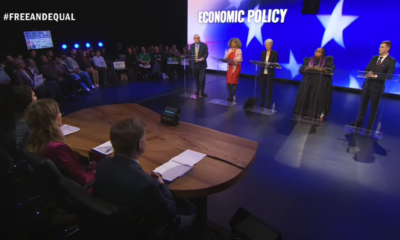
 Campaign 20242 years ago
Campaign 20242 years agoThe Minor Candidate Debate Recap
-

 Opinion2 years ago
Opinion2 years agoOp-ed: Stop talking about Bidenomics
-
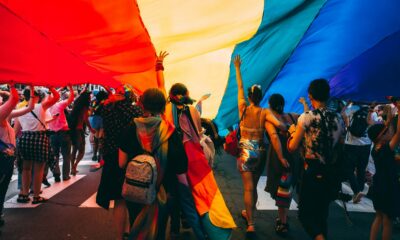
 Education2 years ago
Education2 years agoK-12 teachers report varied views on race, gender identity in new poll
-

 State Politics2 years ago
State Politics2 years agoThe new minimum wage in California
-
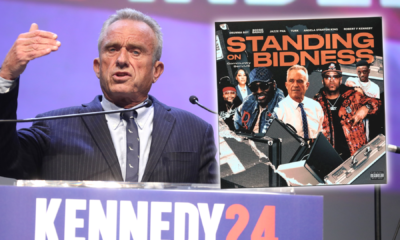
 Campaign 20242 years ago
Campaign 20242 years agoRFK Jr. campaign releases surprise rap song
-
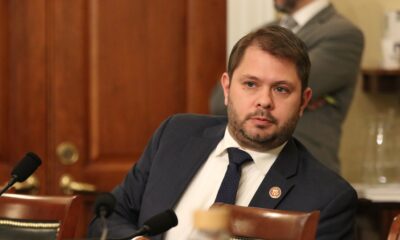
 Campaign 20242 years ago
Campaign 20242 years agoRuben Gallego quietly leaves Progressive Caucus






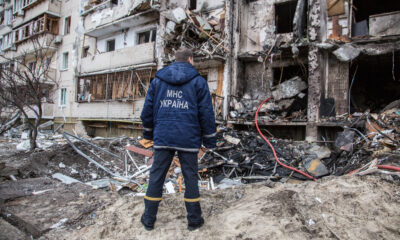





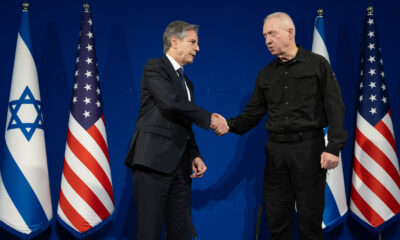

Pingback: Princeton Palestine Encampment LEAKED - The Youth Insight